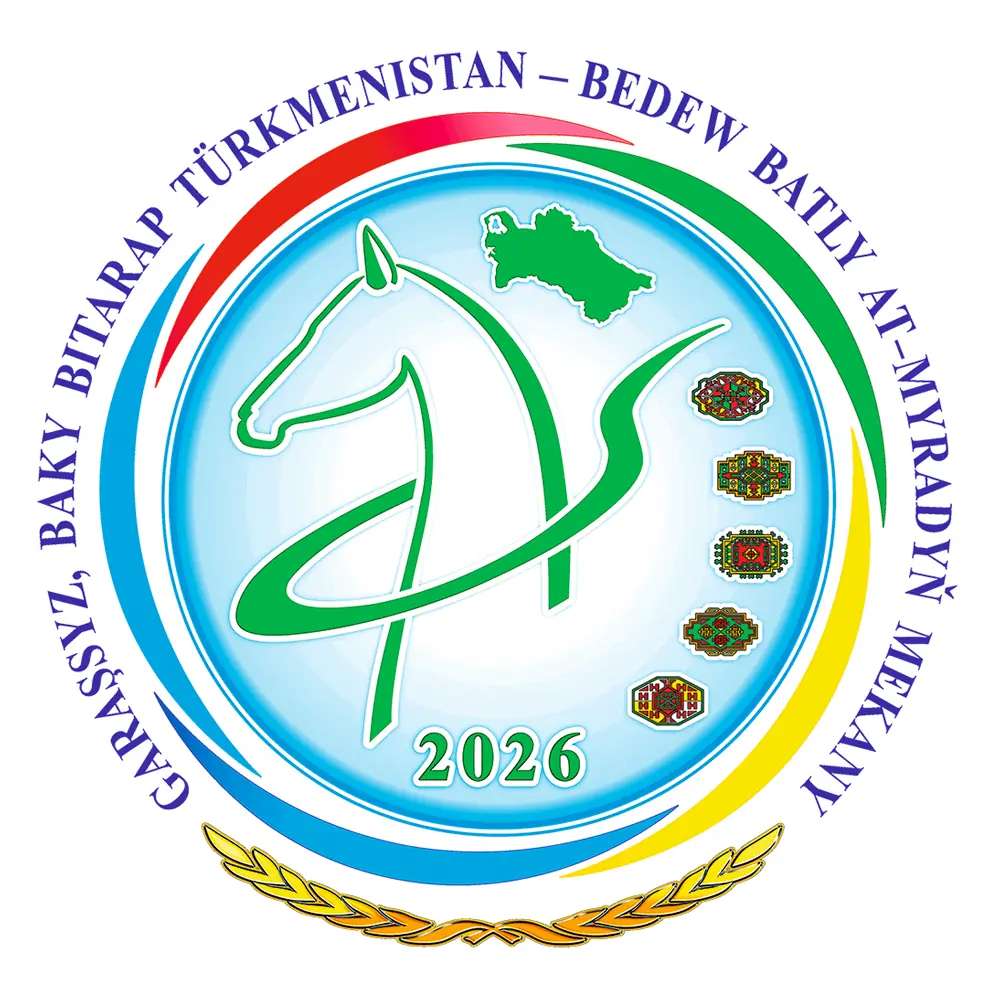
Great attention is paid to the development of sports and mass physical culture is our country
STATE COMMITTEE FOR PHYSICAL CULTURE AND SPORT OF TURKMENISTAN




Chess is played by millions of people worldwide. It is a two-player strategy game played on a checkered gameboard with 64 squares, split into 32 black and 32 white spaces and arranged in an 8×8 grid.
Chess is believed to have been derived from the Indian game chaturanga sometime before the 7th century. In turn, chaturanga is the likely ancestor of east Asian strategy games like xiangqi, janggi, and shogi. The first chessboard with alternating light and dark squares as it appears today was made in Europe in 1090.
Chess pieces assumed their current powers in Spain in the late 15th century. The rules were standardised in the 19th century. The first generally recognised World Chess Champion, Wilhelm Steinitz, won his title in 1886.
Since 1948, the world championship has been regulated by FIDE, the game’s international governing body. FIDE awards titles to skilled players, the highest of which is grandmaster.